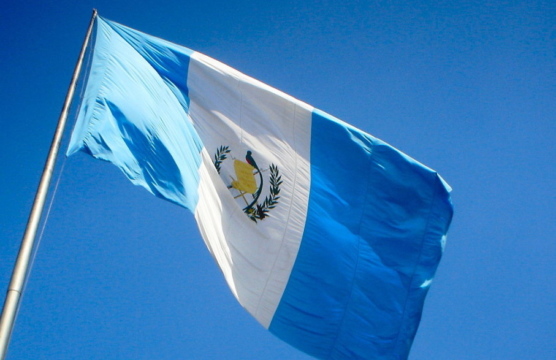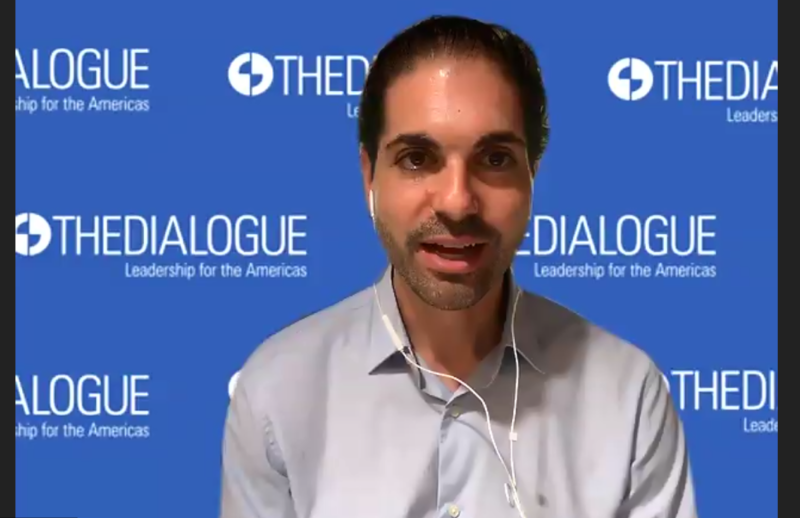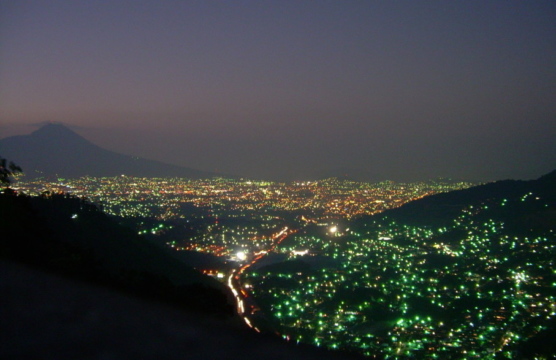
Are Countries Making Progress in Fighting Corruption?
Which countries in the region are making strides in fighting corruption, and which are falling short?
On August 6, 2020, The World Refugee & Migration Council and Integrity Initiatives International held a joint event to discuss two proposals designed to combat grand corruption and assist those who have been forcibly displaced as a result of this corruption. Michael Camilleri, director of the Peter D. Bell Rule of Law Program at the Dialogue, spoke as a panelist.
US Provisions and Policy on Returning Stolen Assets
"When it comes to holding kleptocrats accountable at least in a financial sense... there are a number of relevant provisions of US law. They actually mirror quite closely what was described in terms of the situation in Canada. We also have a Global Magnitsky Act as well as other statutes that allow our Treasury Department to freeze the assets of corrupt foreign officials, human rights abusers, etc. This is often what you hear about when you hear of the United States slapping sanctions on officials from Russia or Iran or North Korea, South Sudan, Venezuela and so on."
"The statutes as a general matter do not allow the Department of Treasury to move from freezing assets to actually seizing and then disposing of them... However,... our Department of Justice (DOJ) does have the authority to - through civil and criminal forfeiture cases - actually proceed to seize assets in these cases. In fact in 2013, the Department of Justice created a Kleptocracy Asset Recovery Initiative with precisely this purpose. [G]iven the centrality of the US financial system to global financial flows, it is often the case that illicit finance flows through the US system in some form or another, and gives the DOJ jurisdiction to pursue these illicit assets... [I]n fact it has succeeded in recovering hundreds of millions of dollars stolen by kleptocrats in foreign countries."
"This obviously raises the question of then what happens with those assets that have been recovered. This is more complex as a practical matter. [A]s a legal matter it's quite clear. The United Nations Convention against Corruption... states that countries should provide the widest possible cooperation in returning the confiscated proceeds of corruption to their prior legitimate owners... US policy in practice is reflective of that. The challenge... is that in some cases you still have kleptocratic governments in charge in the places where the money was stolen from... The Department of Justice in the United States takes the position that assets should only be returned where there are guarantees they will benefit the people where it can be done in an effective and transparent way."
The Case for Returning Stolen Assets to Venezuela
"The staggering thing about [Venezuela's humanitarian crisis] as much as the scale is the cause. This was not a country afflicted by natural disaster or war, it was afflicted by grossly incompetent and greedy leadership over the course of more than two decades... Corruption is really at the heart of that. When we're looking at this historic economic contraction and the largest displacement crisis in the recent history of Latin America, corruption really is central to that story. So the logical question then becomes, can we somehow scratch back some of the potentially hundreds of billions of dollars that have been stolen from the Venezuelan people and apply that money to actually address the humanitarian emergency either within the country and/or the situation afflicting the migrants and refugees that have had to leave?"
"There is just in the United States approximately $1.5 billion currently under scrutiny in cases working their way through the US justice system. Globally, a Venezuelan NGO, Transparencia Venezuela, estimates that $24 billion is under some sort of regulatory or legal scrutiny. If even ten percent of that money could be recovered and returned to the people of Venezuela, that would vastly outstrip the sum total of humanitarian assistance that has been provided by the international community to address the tragedy in Venezuela."
"The politics are incredibly complicated, not just because you have a regime still in de facto control that is responsible for much of this corruption, but also because most of the West... recognize Juan Guaidó as the legitimate leader while Nicolás Maduro continues to exercise de facto control. In terms of the authorities you would work through or work around... there is political impasse unlike anything we have dealt with in some of the other challenging cases I have mentioned. [The Dialogue's upcoming report] looks at a few potential vehicles for doing this [such as] working through international institutions, multilateral institutions, international charities. We think it can be done and we think that there is a moral imperative to do as much as possible to recover and to return this money to the Venezuelan people as quickly as possible, provided it can be done in an effective, transparent, and accountable way."
Which countries in the region are making strides in fighting corruption, and which are falling short?
Organized criminal groups pose an increasing risk to democracy and the rule of law in El Salvador.
Over the past weeks, public discontent with the administration of President Dilma Rousseff has continued to rise.
 World Refugee & Migration Council / Facebook
World Refugee & Migration Council / Facebook
 Video
Video